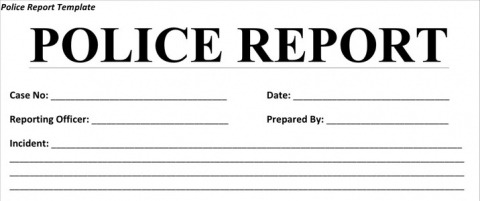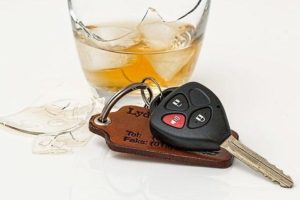If the police report is wrong about your motorcycle accident, you may still
have a case?
If you are hurt in an accident on a motorcycle, fault is supposed to be
determined by the Court, through the Jury System, not the officer
responding to the scene. His job is to gather information, issue tickets
for violations of law and issue a police report.
However often the responding officer makes any of three mistakes. First,
he/she often fail to gather all information available. They don’t talk to
all potential witnesses, look for potential video evidence and mark and
measure all skidmarks, debris or placement of the vehicles if they have not
been moved. But second, the responding officer goes beyond his duties and
attempts to determine fault for the accident. This is NOT his/her job.
Finally, when the officer does talk to you, the injured person in accident,
he fails to do so at a time that you are not either in shock or in extreme
pain. Either at the scene or in the emergency room, is not a time that
you can best describe what happened.
So if you get a police report that you feel is not accurate or helpful.
You very well may still have a case.
1. The Police officer was not a witness to the accident. He is also not
a judge. The police report merely gathers information available at the
scene of the accident. The police officer is responsible for issuing
tickets for violations of traffic laws, but is not to decide fault in the
accident. It isn’t job and he doesn’t have all of the facts.
2. While you should avoid giving any statements at the scene of the
accident or at the hospital, what you do say is clearly shaped by the shock
and trauma of being involved in an accident. It is not very trustworthy
and it is not unreasonable that you would need to clarify anything that the
police report got wrong about your statement.
3. There are many categories of witnesses.
Biased Witnesses: You, the other driver, passengers and friends are all
witnesses. But they are biased witnesses and their statements will be
interpreted as such by lawyers, insurance companies and juries.
Independent witnesses, who saw what happened and don’t know anyone involved
in the accident, are very hard to contradict. If the police report has an
independent witness who says something you don’t believe is accurate there
are usually only two things that can be done.
First, maybe the police got their statement wrong. One of the first
things we do after being hired and having reviewed the police report, is to
contact the witness and see if they agree with what the police report has
them saying.
Secondly, we ask questions to be sure they were actually able to see and
hear what they thought they heard. Sometimes, things are different from a
different angle. Sometimes people guessed what they thought they saw, but
didn’t actually see it.
4. What the police report is good for is observing the physical
circumstances of the accident. Were there skid marks on the road? Was
debris from the accident discovered? If so, where? Were there traffic
signs or signals? Was there any video camera’s available?
So if you get a police report you don’t like, you still may have a case.
But first, determine what about the police report is inaccurate. Was it
your statement, another statement or the conclusion of the officer?
Depending upon which of these it is, a supplemental report could be issued
with your clarified statement or an investigation into the witnesses can be
undertaken.
Finally, just because the police report isn’t in your favor, there still is
opportunity to take the case before a jury that may agree with you.
Call or text 1-800-668-6729 or complete a Free Case Evaluation form


